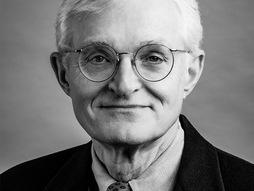Building blocks: Notes from Session 3 at TEDSummit
What are the tools we’re using to build the future? Session 3 speakers go deep on what’s next in finance, energy, business and the structures we live in. The next generation of trust on the Internet. For many online transactions, we rely on middlemen like banks and government to establish trust — but these systems face growing issues like […]
Continue reading
